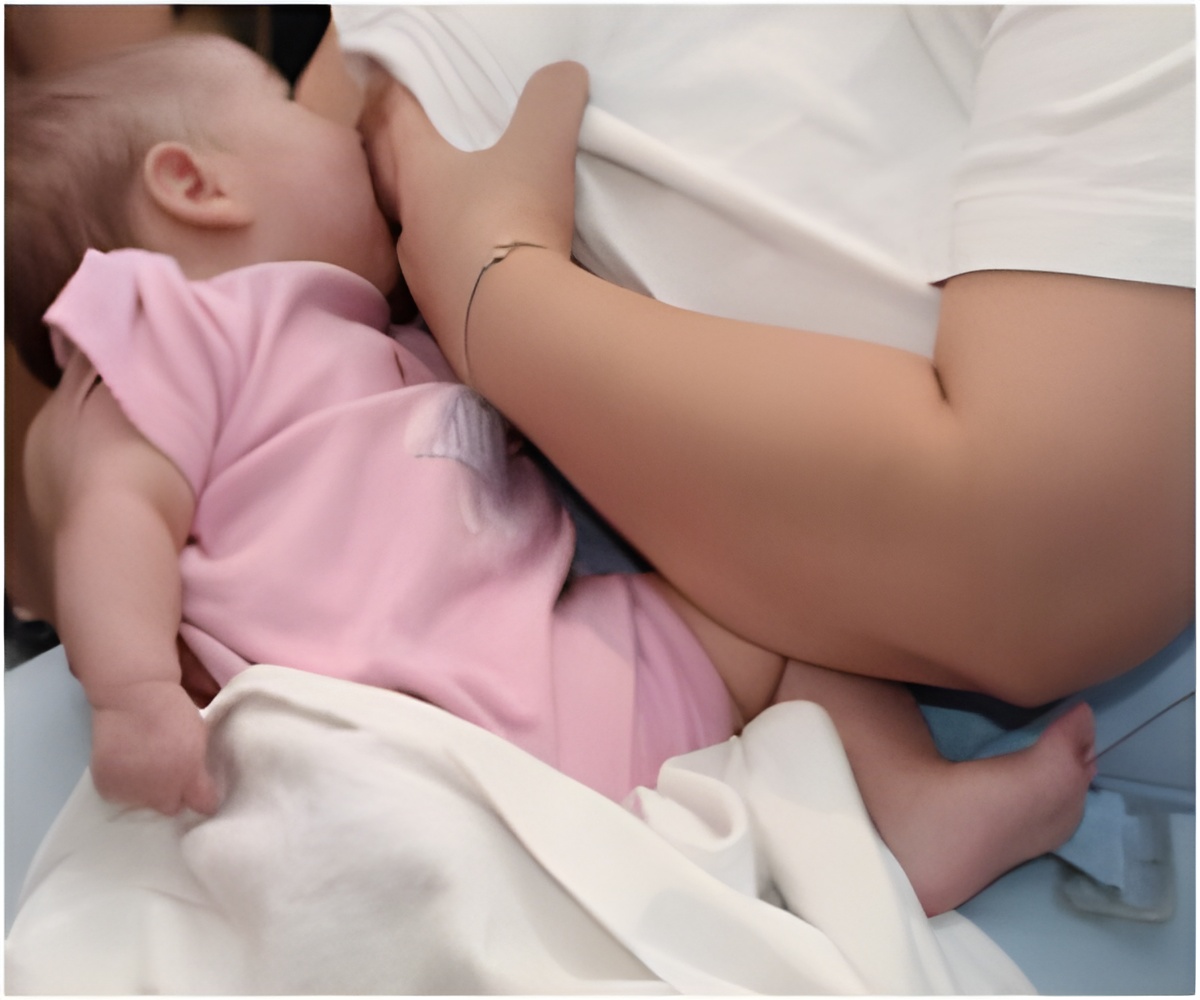A team of Malaysian researchers suggests that keeping a new born baby and its mother in the same room in the first few weeks after the birth could encourage breastfeeding over a short term.

"We really wanted to reassess the essential evidence, and in our minds, hoped to support the WHO recommendation," Sharifah Halimah Jaafar, lead author from KPJ Ipoh Specialist Hospital in Ipoh, Perak, Malaysia, said.
The researchers initially considered 23 reports from 19 potential trials and identified only one that met specifications. It showed that the breastfeeding rate at four days after birth, before hospital discharge, was much lower in the mother-child group with separate care versus the rooming-in group.
That trial, however, didn't provide evidence for breastfeeding for a longer period, even though early mother-infant continuous contact is known to have many advantages.
Many studies support mother-infant rooming-in practice because of its many benefits, both short and long term, Jaafar said.
These benefits include better mother-infant bonding, increased frequency of breastfeeding since it enables feeding on demand, and reduction in the rate of sudden infant death syndrome and of other newborn complications.
Advertisement
"It's also well known that separation can reduce breastfeeding frequency as well as amount of milk produced," she said.
Advertisement
Source-ANI











